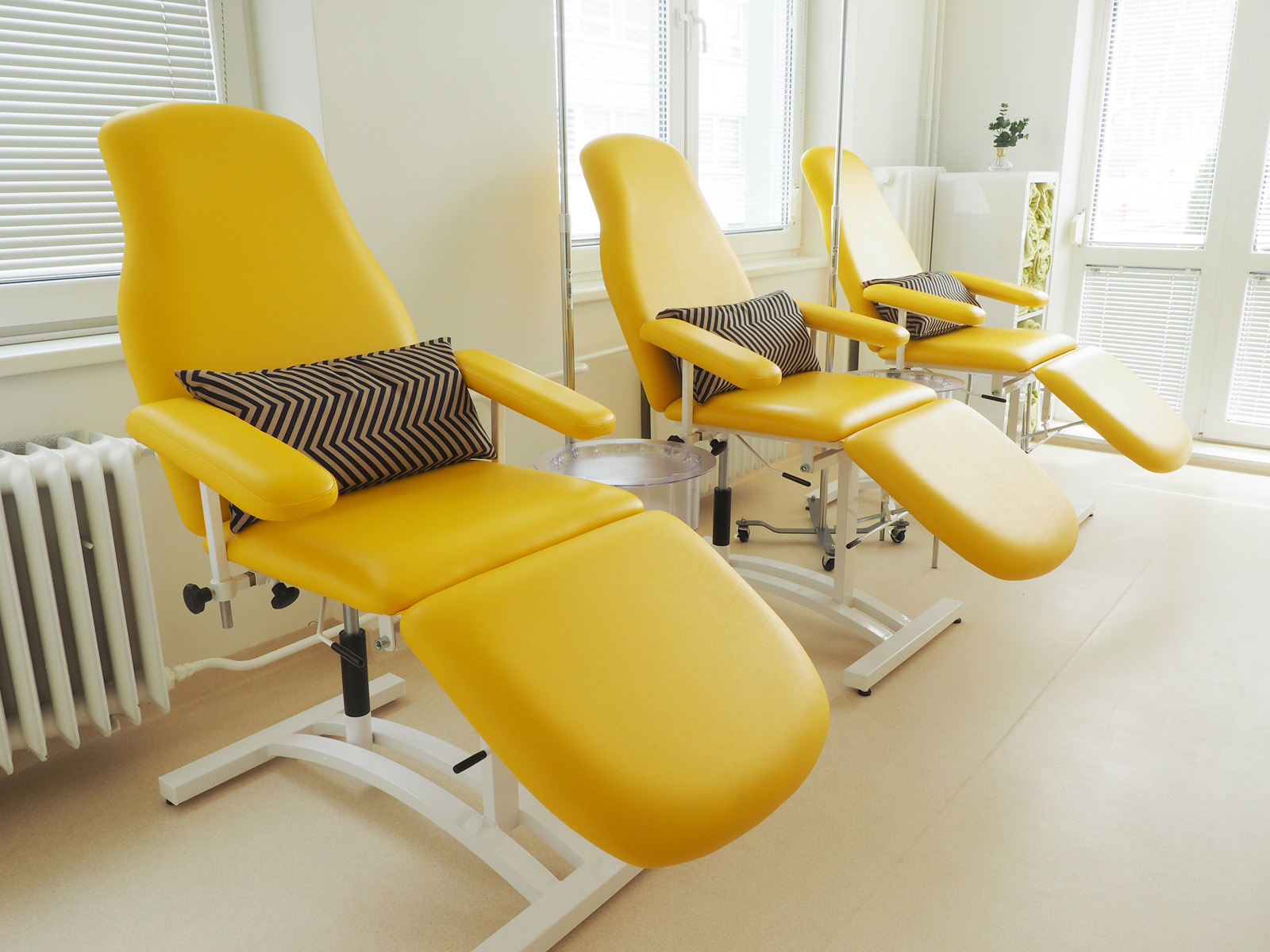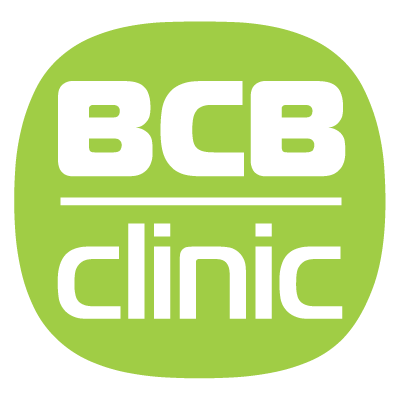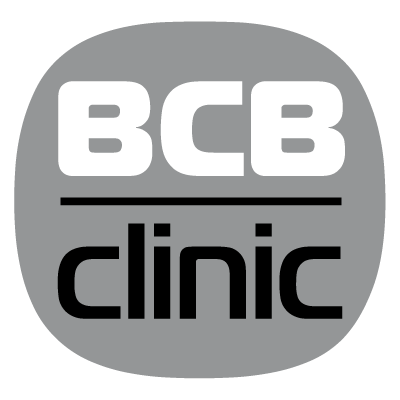DIAGNOSTICS

Before your first appointment, you must have the results of the three blood tests listed below. These tests can also be arranged directly at our clinic for a fee. Blood samples are collected at our office:
- Monday to Thursday, from 7:00 AM to 1:00 PM (by appointment).
You must schedule your blood draw in advance by calling +421 2 206 206 88 during the above hours, where you will receive further information. Fasting is not required for the blood draw (we recommend a light, non-fatty breakfast and adequate hydration).
f you choose to arrange the required blood tests on your own, here is the list:
Serological antibody testing for: Borrelia burgdorferi (using NIF, ELISA, or Western blot methods), Chlamydia pneumoniae, Chlamydia trachomatis, Mycoplasma pneumoniae, Bartonella, Babesia, Yersinia, and similar pathogens
Additional Examinations:
- Serum autoantibody testing (NIF method):
- ANA – anti-nuclear antibodies ABMA – anti-basement membrane antibodies ABMG – anti-glomerular basement membrane antibodies ABMT – anti-tubular basement membrane antibodies AMA – anti-mitochondrial antibodies AMCA – anti-cardiac muscle antibodies ANCA – anti-neutrophil cytoplasmic antibodies ANLA – anti-nucleoli antibodies APCA – anti-parietal cell antibodies ARA – anti-reticulin antibodies ASKMA – anti-striated muscle antibodies ASMA – anti-smooth muscle antibodies ATA – anti-thyroid antibodies AVEA – anti-vascular endothelial antibodies anti-Hu/Ri – anti-Hu and Ri proteins AMa – anti-neuronal nucleoli antibodies anti-Yo – anti-Yo protein AHFA – anti-hair follicle antibodies AGSA – anti-adrenal gland antibodies
- Monoclonal CD antibody profiling:
- CD3+ T lymphocytes CD3+CD4+ T helper cells CD3+CD8+ T cytotoxic cells CD4/CD8 immunoregulatory index CD3–CD16+56+ NK cells CD19+ B lymphocytes
Results from blood tests performed at our clinic (LTT tests) are available within 7 to 10 working days. In the meantime, you may schedule your initial consultation by phone. During the first visit, we will record your medical history — including tick exposure, symptoms, disease progression, treatment history, post-treatment symptoms, and any previous lab or imaging results.
The above-mentioned blood tests will be evaluated, the disease stage determined, and treatment or hospitalization recommended if further testing is needed.
Follow-up is scheduled:
6 weeks after starting treatment
Then again after 12 weeks
Additional tests for co-infections may be added during treatment if necessary.
All listed examinations and blood tests are subject to fees, as our clinic does not have contracts with health insurance providers. Pricing for blood draws and tests is available by phone or email.
Elispot-LTT: This is an LTT technique approved by the FDA and CDC in the United States. It measures actual T-cell activity in the blood against Borrelia burgdorferi, Chlamydia pneumoniae/trachomatis, Ehrlichia, and Anaplasma.
In May 2011, the U.S. FDA and CDC officially approved the Elispot-LTT (T-spot) technique. This method represents an Interferon-Gamma Release Assay (IGRA) in the form of a Lymphocyte Transformation Test (LTT).
Studies on the specificity and sensitivity of the Borrelia-Elispot-LTT report:
Specificity: 82–100%
Sensitivity: 84%
Sources:
Skogman et al.: “Adaptive and Innate Immune Responsiveness to Borrelia burgdorferi sensu lato in Exposed Asymptomatic Children and Children with Previous Clinical Lyme Borreliosis,” Clinical and Developmental Immunology, Vol. 2012, Article ID 294587.
Lehman PV et al.: “Unique Strengths of ELISPOT for T Cell Diagnostics,” in: Kalyuzhny AE, Handbook of ELISPOT: Methods and Protocols, Methods in Molecular Biology, Vol. 792, 2nd Ed., Springer, 2012: pp. 3–23.
Borrelia infection activates not only the humoral immune response but also T-lymphocytes. When Borrelia ceases to be active, the T-cell immune response is no longer present. The test shows the actual, current activity of Borrelia burgdorferi, whether chronic or acute Lyme disease. Elispot-LTT is highly sensitive and can detect even a single Borrelia-reactive T-cell in the blood. Elispot-LTT is very helpful in monitoring chronic or acute therapy. Under normal circumstances, Elispot-LTT becomes negative within 6–8 weeks after the completion of effective treatment.
- diagnosis of chronic Lyme disease
- diagnosis of acute Lyme
- disease determination of treatment duration
- monitoring of treatment outcomes
Tests – in cooperation with CPM Bratislava.
- Borrelia Burgdorferi
- CHLAMYDIA PNEUMONIAE
- CHLAMYDIA TRACHOMATIS
- EHRLICHIA/ANAPLASMA
- YERSINIA
- EPSTEIN BARR-VIRUS (EBV)
CD57+ cells document the degree of immune suppression in chronic disease. According to current literature, CD57+ cells are a prognostic laboratory parameter during and after antibiotic treatment.
Clinical research and case studies show that chronic Lyme infections are often accompanied by changes in cellular immune defense. Evidence includes reduced counts of Natural Killer Cells (NK; CD3-CD56+), and especially reduced absolute counts of activated NK cells (CD3-CD56+CD57+). While acute Lyme infection and other diseases show normal CD57 parameters, patients with chronic Lyme disease often have values of 100 CD57 cells/μl or lower in the blood. This change has been particularly observed in patients whose nervous system is affected by chronic infection, and less so in patients with tissue or skeletal involvement. The reduction in CD57 cells persisted until symptoms improved through antibiotic treatment and other therapeutic approaches. A reduced CD57 cell parameter is a measurable signal of active chronic infection and may serve as an indicator of successful therapy.
Appointments for blood draws are made by phone.

